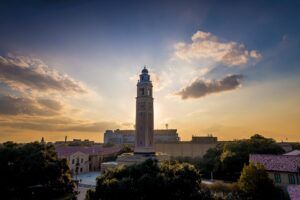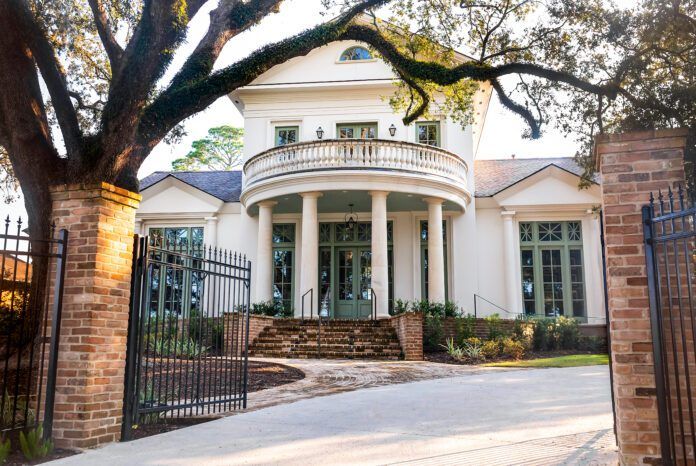Eldest Daughter
Louisiana’s newly appointed Poet Laureate views her post as more than honorific. Ava Leavell Haymon told inRegister it’s a great “service opportunity”: to bring children and adults of all ages, gathered at schools and bookstores and libraries, into contact with poems. For many, she expects, it will be their first brush with poetry; for some, she says, it will be “terrifying.”
Haymon knows well how to open people to the deep satisfactions of reading, writing and listening to poems. The Baton Rouge author has been teaching poetry since the 1980s, at LSU and in public schools and workshop settings. Helping students learn to “dance with the language” has been a primary goal.
In her fourth, full-length collection, Eldest Daughter, just published by LSU Press, Haymon’s own dance with language reveals breathtaking skill and daring. In poems composed over decades, Haymon says she sought to “disentangle” what she knew of and learned from her father—the man and the Christian preacher. While carefully structuring this four-part book, the poet reckoned with a label-defying truth: “Each human being can contain two sides, the lovable and the horrific,” she says. Through the constraints of poetic forms, Haymon experienced the freedom and “linguistic flexibility” to give voice to a many-layered understanding of the past.
For all their technical prowess, the poems in Eldest Daughter are as accessible, and witty, as they are beautiful. What they demand of readers is a willingness to be transported. For example, set in a familiar Baton Rouge diner, “Louie’s: Home of the Veggie Omelet” shows Haymon’s capacity for “slipping into a private vision from the commonplace,” as she terms it. While sipping chamomile tea, the speaker opens “in two halves, like the waffle iron,” to become
… an altarpiece
carving of God
the Father, that creaks open
on its medieval hinges
to the Mary and baby
nesting inside. …
The convergence of realities, here and elsewhere, is illuminating.











